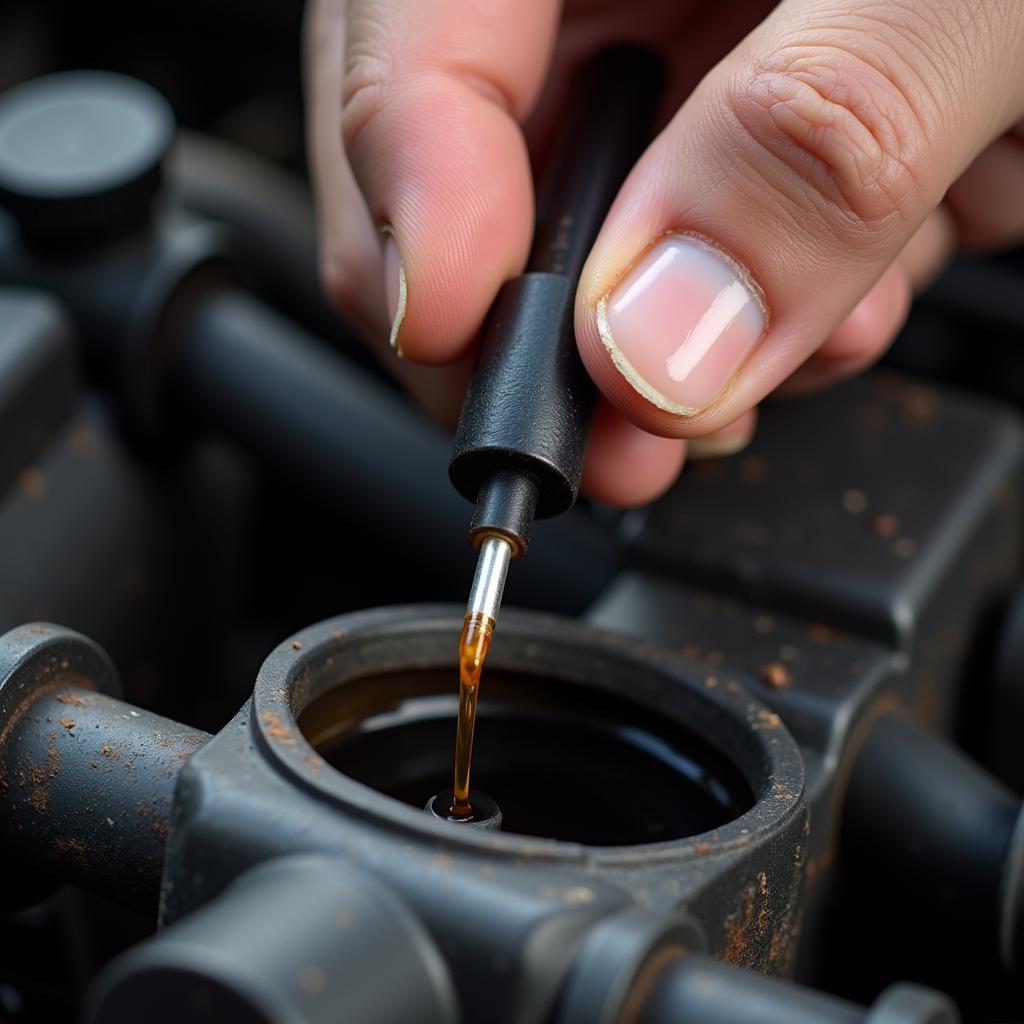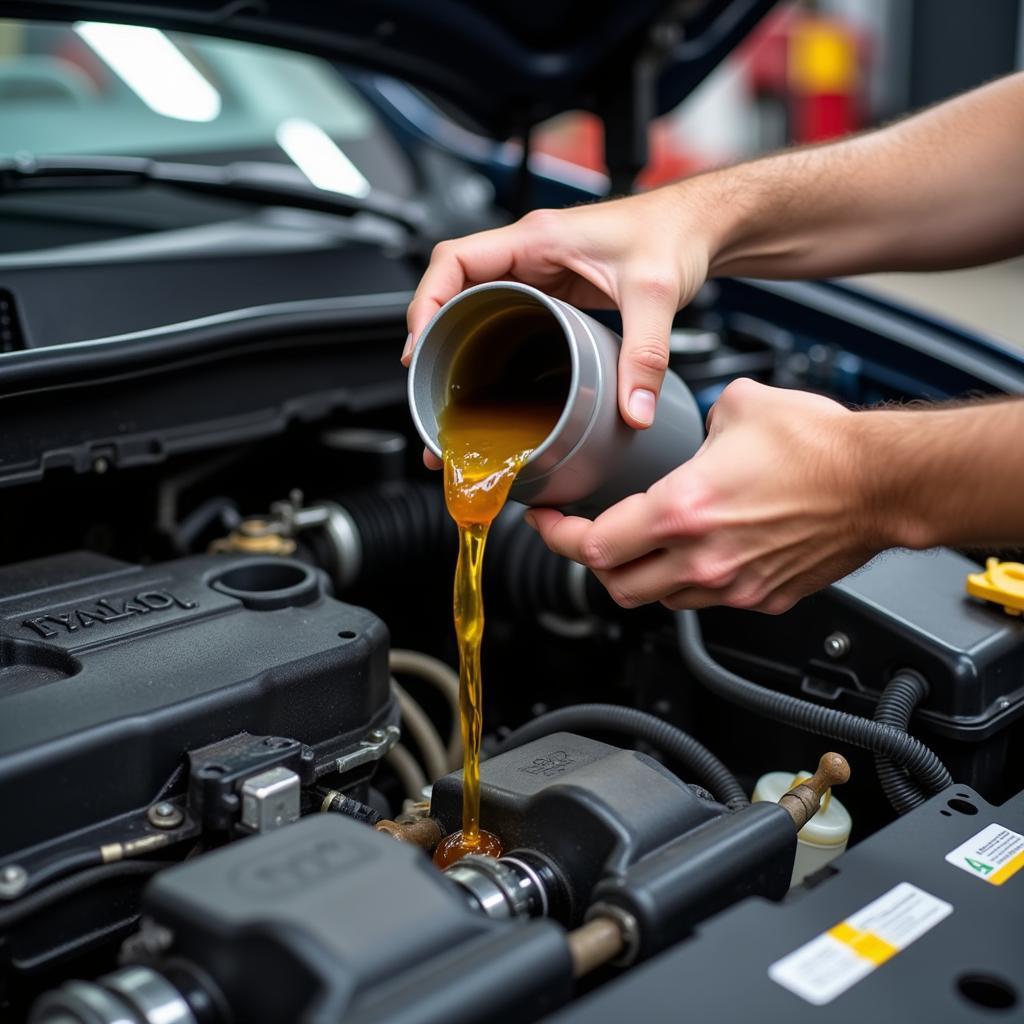What is Car Transmission Service?
A car transmission service is essential for the health and longevity of your vehicle. It involves inspecting, maintaining, and sometimes repairing the complex system responsible for transferring power from the engine to the wheels. Understanding what a transmission service entails can help you avoid costly repairs down the line and ensure a smooth, efficient driving experience. After reading this article, you’ll understand why regular transmission service is crucial, what it involves, and how to choose a reputable service provider. You’ll find valuable insights whether you drive a manual, automatic, or even a hybrid vehicle.
Knowing what car transmission service entails can save you money and headaches in the long run. It’s not just about changing the fluid; a proper service includes a comprehensive inspection to catch potential problems early. A well-maintained transmission contributes significantly to fuel efficiency and overall vehicle performance. Want to know how often manual transmission service is required on an automatic car? Check out this helpful resource: how often manual transmission service on automatic car.
Why is Car Transmission Service Important?
Your car’s transmission is a complex system of gears, clutches, and other components working in harmony to manage power delivery. Without regular maintenance, these parts can wear down, leading to decreased performance, costly repairs, and even complete transmission failure. Regular servicing helps keep everything lubricated, clean, and functioning optimally.
Benefits of Regular Transmission Service
- Extended Transmission Lifespan: Regular service helps prevent premature wear and tear, extending the life of your transmission.
- Improved Fuel Efficiency: A properly maintained transmission minimizes friction and power loss, leading to better gas mileage.
- Smoother Shifting: Fresh transmission fluid and properly adjusted components contribute to smoother gear changes.
- Early Problem Detection: A thorough inspection during service can identify minor issues before they escalate into major problems.
- Enhanced Resale Value: A well-maintained vehicle, including its transmission, is more attractive to potential buyers.
What Does a Car Transmission Service Involve?
The specifics of a car transmission service vary depending on the make and model of your vehicle, as well as the type of transmission (automatic, manual, or CVT). However, a typical service includes the following:
- Fluid Change: Old, contaminated transmission fluid is drained and replaced with fresh fluid. This is crucial for lubrication and cooling.
- Filter Replacement: The transmission filter traps debris and contaminants, preventing them from circulating and causing damage.
- Pan Inspection: The transmission pan is removed and inspected for metal shavings or other signs of wear.
- Gasket Replacement: A new gasket is installed to ensure a tight seal and prevent leaks.
- System Inspection: The entire transmission system is inspected for leaks, damaged lines, and worn components.
- Adjustment of Bands and Linkages (if applicable): In some transmissions, adjustments are made to ensure proper shifting.
Are you curious about transmission service for hybrid cars? Learn more about hybrid car transmission service here: is there service on a hybrid car transmission.
 Checking Transmission Fluid
Checking Transmission Fluid
How Often Should You Get a Car Transmission Service?
The recommended service interval varies depending on the manufacturer’s specifications and your driving habits. However, a general guideline is to have your transmission serviced every 30,000 to 60,000 miles for automatic transmissions and every 50,000 to 100,000 miles for manual transmissions. For more information on car transmission service intervals, you can refer to this guide: how often should a car transmission be serviced.
Signs Your Transmission Needs Attention
- Slipping Gears: If your car feels like it’s jumping between gears or losing power, it could indicate a transmission problem.
- Rough Shifting: Difficulty shifting gears or grinding noises during shifting can be a sign of low fluid or other issues.
- Delayed Engagement: A delay between shifting into gear and the car responding can indicate a problem.
- Leaking Fluid: Reddish fluid under your car is a clear sign of a transmission leak.
- Burning Smell: A burning smell coming from the transmission area can indicate overheating or fluid contamination.
For a comprehensive overview of car transmission service, you can find more information here: what is transmission service for a car.
Choosing a Reputable Car Transmission Service Provider
Choosing a qualified and trustworthy mechanic is essential for proper transmission service. Look for a shop with certified technicians, positive customer reviews, and a strong reputation.
“Regular transmission maintenance is a proactive approach to car ownership. It’s an investment in the long-term health and performance of your vehicle,” says John Smith, ASE Certified Master Technician. He further adds, “Don’t wait for problems to arise; stick to the recommended service schedule and address any unusual signs promptly.” Another expert, Jane Doe, a seasoned automotive engineer, emphasizes, “A properly maintained transmission can significantly improve fuel efficiency, saving you money at the pump in the long run.” For a detailed understanding of car transmission services, this article can be helpful: what is a car transmission service.
In conclusion, car transmission service is a critical aspect of vehicle maintenance, ensuring optimal performance, longevity, and fuel efficiency. Understanding what it entails, how often it’s needed, and how to choose a reputable provider can save you money and headaches in the long run. Don’t neglect this vital service; invest in your car’s health and enjoy a smooth, reliable driving experience.
FAQ
- How much does a car transmission service typically cost? The cost varies depending on the type of service, vehicle make and model, and location.
- Can I service my car transmission myself? While some basic maintenance tasks can be done at home, it’s recommended to have a qualified mechanic perform a full transmission service.
- What type of transmission fluid does my car need? Refer to your owner’s manual for the specific type of transmission fluid recommended for your vehicle.
- How can I tell if my transmission is slipping? Slipping is often felt as a sudden loss of power or the engine revving higher than usual without a corresponding increase in speed.
- Is it safe to drive with a transmission problem? Driving with a transmission problem can worsen the damage and potentially lead to a breakdown. It’s best to have it inspected and repaired as soon as possible.
- How long does a transmission service typically take? A standard transmission service can take a few hours, depending on the complexity of the work.
- What is the difference between a transmission flush and a fluid change? A fluid change typically drains and replaces the accessible fluid, while a flush uses specialized equipment to remove all the old fluid and replace it with new fluid.
For any assistance, please contact us via WhatsApp: +1(641)206-8880, Email: [email protected] or visit us at 456 Oak Avenue, Miami, FL 33101, USA. Our customer support team is available 24/7.

